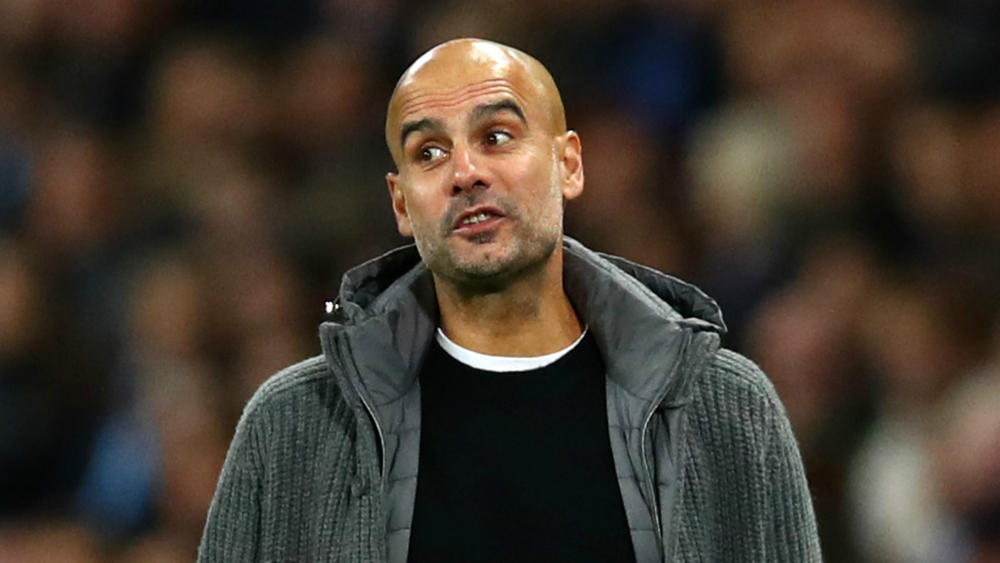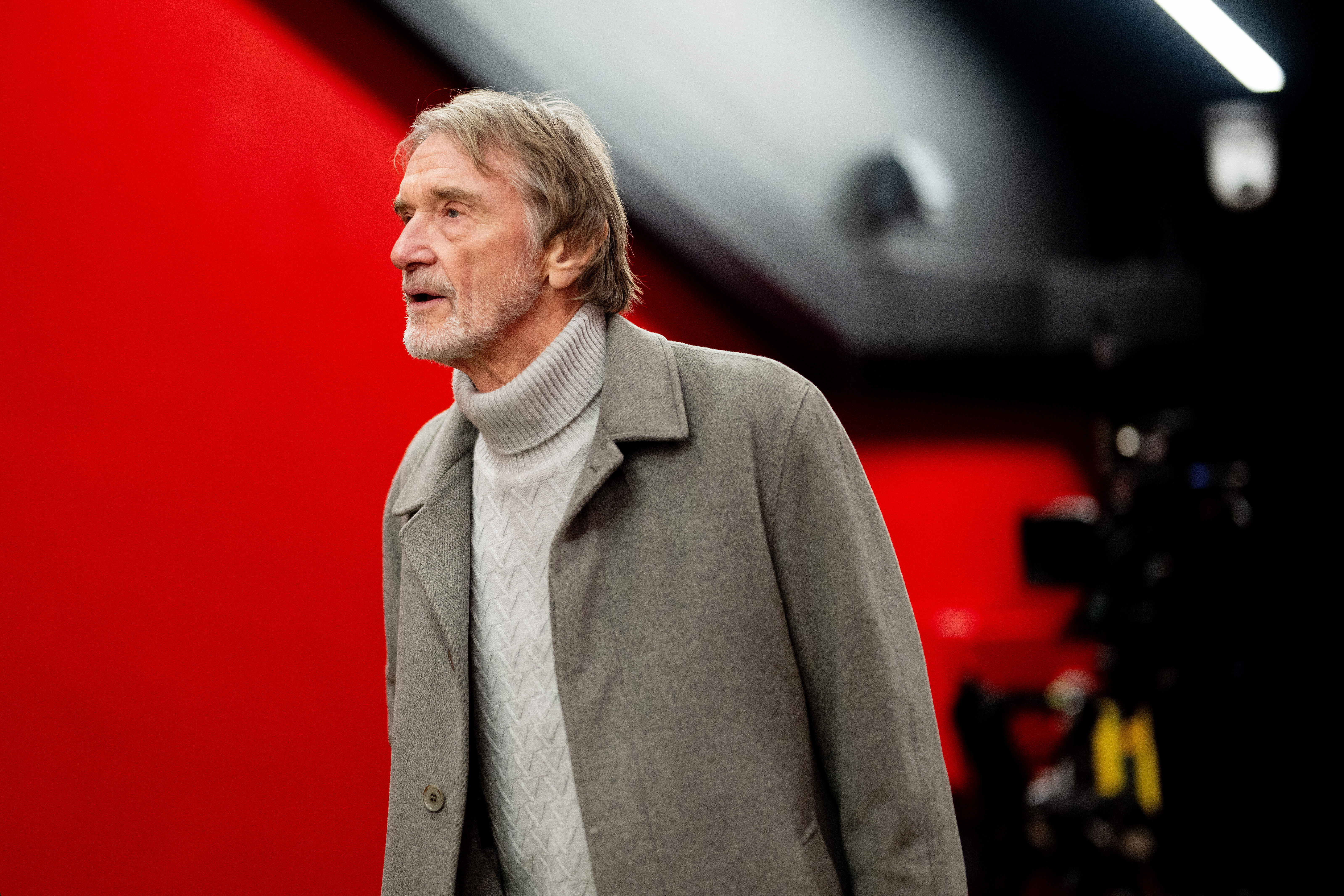Pep Guardiola is one of the greats – but he may not be suited to international management
The Manchester City boss claims his next position will be at international level – but is that a wise move?

Pep Guardiola said he was grateful for the question. He wanted to clarify the comments he had made during a Zoom call to Brazil. He was not definitely leaving Manchester City in 2023, he said before the international break. But there were nevertheless a couple of pertinent elements. He intends to take a break when his time at the Etihad Stadium does end. And he did not row back on one assertion. “The next step will be a national team,” Guardiola had said.
If it puts various associations and federations on red alert, it would also fly in the face of footballing fashion. There was a time when the finest managers in the game seemed split fairly equally between the club and the national teams. Not now. It may irritate FIFA that the club game seems to reign supreme but the balance of power has shifted. Guardiola’s former Barcelona colleague Luis Enrique was the only Champions League-winning coach to manage at Euro 2020.
International football may appeal to the romantic in Guardiola, to the sense of a grander purpose that his beloved Barcelona also offer; representing an entire country is mes que un club. But there are reasons to wonder if such posts would suit him. Some are the factors that may deter other elite figures. Some are Pep specific.
ALSO READ The 100 greatest football managers of all time

A perfectionist likes time on the training ground to implement a complex style of play. It would intriguing to see if Guardiola can recreate his finest sides with a fraction of the sessions. International football only offers an extended time together in major tournaments. In the current break, some footballers played for their clubs last Sunday, then travelled to link up with their countries for a game on Wednesday. It affords precious little time to fine-tune a Guardiola-style passing philosophy or a complicated tactical pattern. Nor would an obsessive have much control: he would be too reliant on club managers for how much his players play, and in what positions. A thinker as particular in his demands as Guardiola may find that particularly hard.
Guardiola may be a paradox, the manager who has spent more than virtually anyone else ever and yet who can argue his success stems from his prowess on the training ground. He won two Champions Leagues with Barcelona with seven graduates of La Masia in each starting 11. Accusations of chequebook management have been unfair for swathes of his career and he constructed winning teams with a majority of Spaniards, at Barcelona, and Germans, at Bayern Munich. And yet it is undeniable that he has spent huge sums, has high standards and can plug gaps with the best available players. International management does not offer the option of signing someone, wherever they come from, and many footballers do not suit his style of play; just think of how few qualify as a Guardiola centre-back, or striker, or holding midfielder and whether even leading countries have one, let alone several. And while he can be creative in his approach, national teams sometimes call for pragmatic problem-solvers who address shortcomings, often by camouflaging them. Many are not idealists or idealogues.
Club management can be defined by an overall body of work. International management comes down more to a handful of games where each choice assumes a greater importance. Guardiola has a formidable record in some knockout competitions, but not others: over the last decade, he has been the arguably the outstanding manager in domestic leagues, but not the Champions League.
Get FourFourTwo Newsletter
The best features, fun and footballing quizzes, straight to your inbox every week.
He is wearily familiar with the accusation that, since his 2011 triumph with Barcelona, he tends to overthink things but a litany of leftfield choices, with Barcelona, Bayern and City, have backfired, often in Champions League quarter-finals and semi-finals. Prevailing in a major tournament calls for the sure touch Roberto Mancini showed in Euro 2020, which Didier Deschamps demonstrated in the 2018 World Cup (though not Euro 2020). Guardiola’s Champions League missteps can be balanced out by the rewards from a 38-game Premier League campaign; the annual nature of the competition at least affords the chance for redemption 12 months later. An international cycle, with a World Cup and a European Championship each every four years, feels more unforgiving. Every error comes at a greater cost. The fascination with seeing him in a major tournament might only increase the criticism if his cunning plans go wrong. If Guardiola went into international management, perhaps part of his job would be to stop Pep being Pep.
Subscribe to FourFourTwo today and get three issues delivered for just £3. The offer ends October 17, 2021.
READ NEXT
JOLLY Rafael Benitez sets Everton back on the right path with savvy summer spending
QUIZ Can you name the 25 highest-scoring active international men's players?
BLUES Lukaku for "free"? Chelsea's transfer business trumps all this summer
Richard Jolly also writes for the National, the Guardian, the Observer, the Straits Times, the Independent, Sporting Life, Football 365 and the Blizzard. He has written for the FourFourTwo website since 2018 and for the magazine in the 1990s and the 2020s, but not in between. He has covered 1500+ games and remembers a disturbing number of the 0-0 draws.

